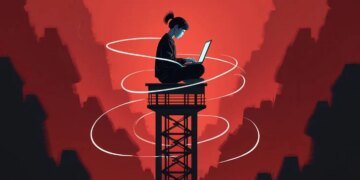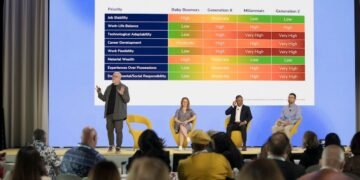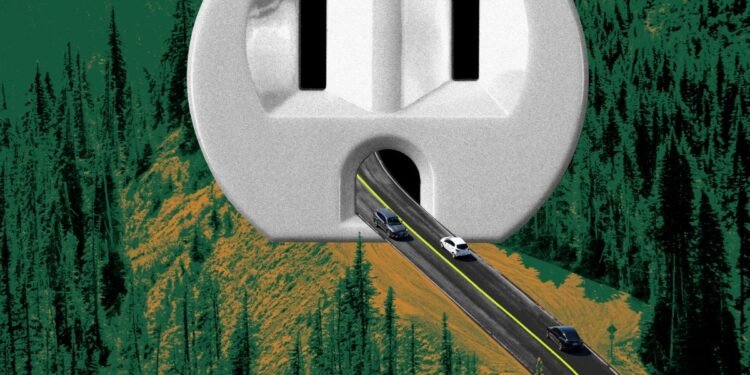## Shifting Gears: Senate Republicans Aim to Tweak EV Costs with New Bills 🚗⚡
As electric vehicles (EVs) continue to surge in popularity, reaching new milestones and captivating eco-conscious consumers, a new political development could steer the market into uncharted territory. Senate Republicans have proposed bills that may increase the cost of owning an electric vehicle, shaking up the automotive industry’s green revolution.
### H1: What’s Happening on Capitol Hill?
In a move that has sparked considerable attention, **Senate Republicans** have introduced a series of legislative measures designed to alter the financial landscape for electric vehicle ownership. These proposed bills primarily focus on adjusting taxation and credit frameworks that currently favor EV adoption. The introduction of these proposals marks a significant shift from the current supportive policies and could have far-reaching consequences for the industry.
Key Components of Proposed Legislation:
–
–
–
These measures have ignited a debate over the sustainability of existing incentives and the future of the EV market, inviting analysis from economists, environmentalists, and industry leaders.
### H2: Decoding the Proposals
The core of these proposals lies in the **modification or elimination of federal tax credits** for electric vehicles. For years, these credits have played a pivotal role in making EVs more accessible to the average consumer by significantly reducing the upfront purchase cost. With the phasing out of these incentives, potential buyers could face increased financial hurdles, potentially slowing the progress toward widespread EV adoption.
Moreover, the **introduction of fees** specifically targeting electric vehicle owners—including increased highway usage charges—further paints a picture of a shifting economic landscape. While owning an EV has traditionally meant savings on fuel, these new charges could offset such benefits, potentially impacting the overall ownership experience.
### H3: The Broader Impact on the EV Market
For **manufacturers and consumers alike**, these legislative changes could necessitate a significant reevaluation of current strategies and expectations. Automobile manufacturers might need to recalibrate their production and marketing approaches if consumer demand shifts due to these financial alterations. With the potential increase in ownership costs, manufacturers might also need to innovate and reduce production costs to maintain market competitiveness.
On the consumer side, potential EV buyers could find themselves weighing the benefits of sustainability against increased financial commitments. As budget considerations come into sharper focus, consumers might explore hybrid or even traditional vehicles as alternative options, potentially affecting the growth trajectory of the EV market.
### H3: Navigating the Road Ahead
As the legislative process unfolds, stakeholders across the automotive industry, environmental advocacy groups, and consumers remain keenly attentive to the outcomes. The discussions surrounding these bills highlight the ongoing balancing act between environmental sustainability and economic practicality.
**Key Considerations Moving Forward:**
–
–
–
With the future of electric vehicles in a state of legislative flux, it’s crucial for consumers to stay informed about how these changes might impact their purchasing decisions. Whether through financial adjustments or broader market shifts, the evolution of the EV sector is undoubtedly one to watch.
### H2: The Takeaway
The Senate Republicans’ proposed bills represent a significant pivot in the ongoing dialogue surrounding electric vehicles. By potentially increasing costs for EV owners, these legislative actions underscore a complex dynamic between fostering environmental progress and navigating economic realities. The outcome of these proposals could shift the landscape of green transportation, impacting an industry that has been growing rapidly.
As this story continues to evolve, staying informed becomes more crucial than ever. Expect further developments and insights as we track the repercussions felt across Capitol Hill and the automotive industry. The journey toward a greener and economically resilient future hinges on these legislative decisions, ensuring that the pursuit of sustainability remains balanced with economic considerations.
—
In the ever-evolving landscape of green transportation, **being informed is more crucial than ever**. Sign up for our newsletter to receive the latest updates straight to your inbox. Together, let’s drive toward a sustainable future! 🌍💡



















































